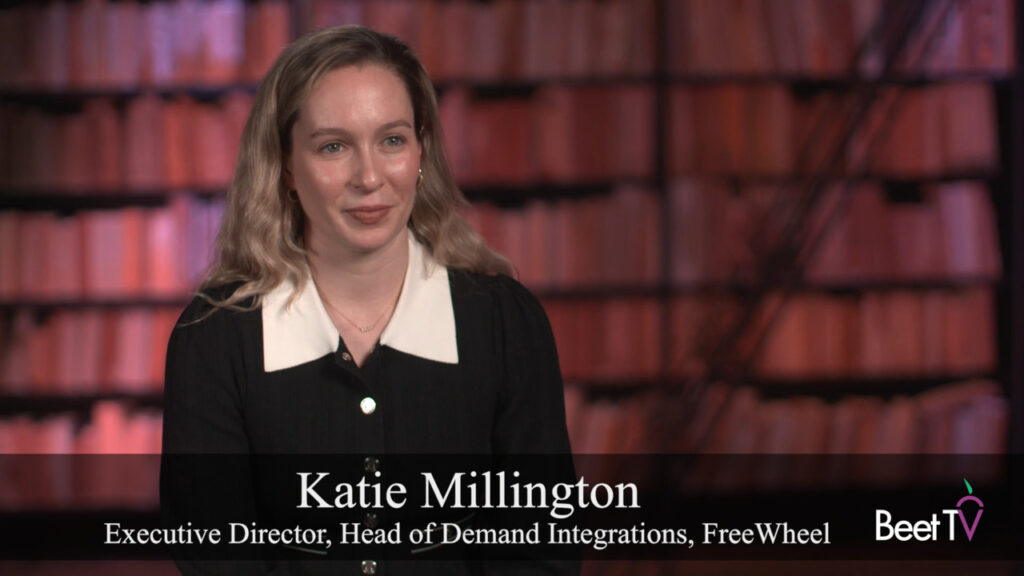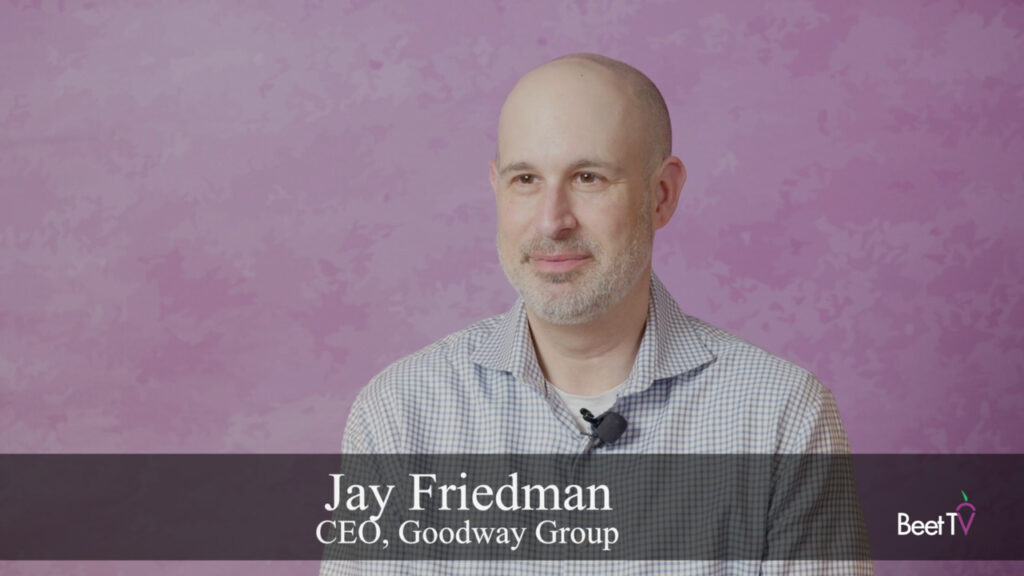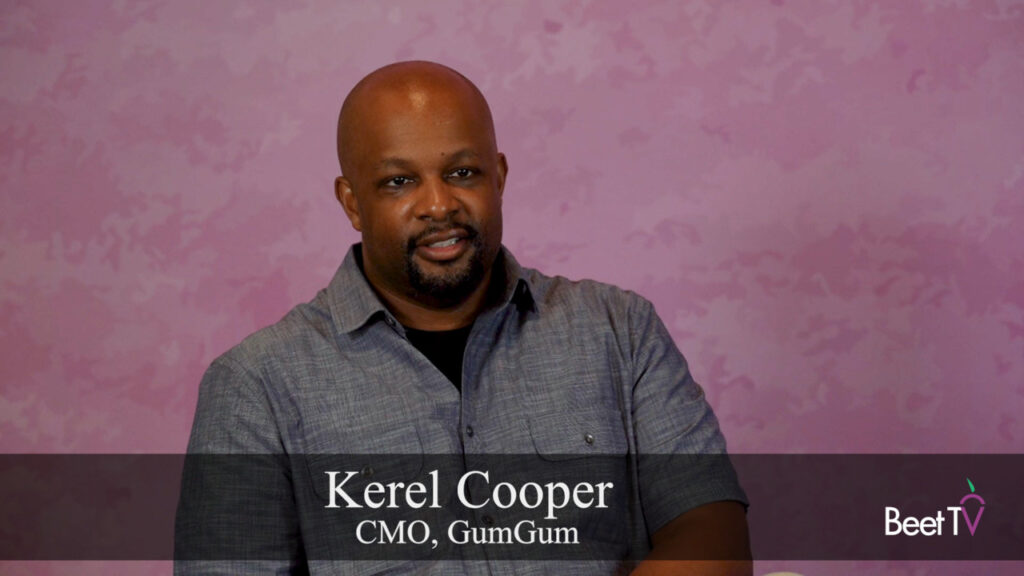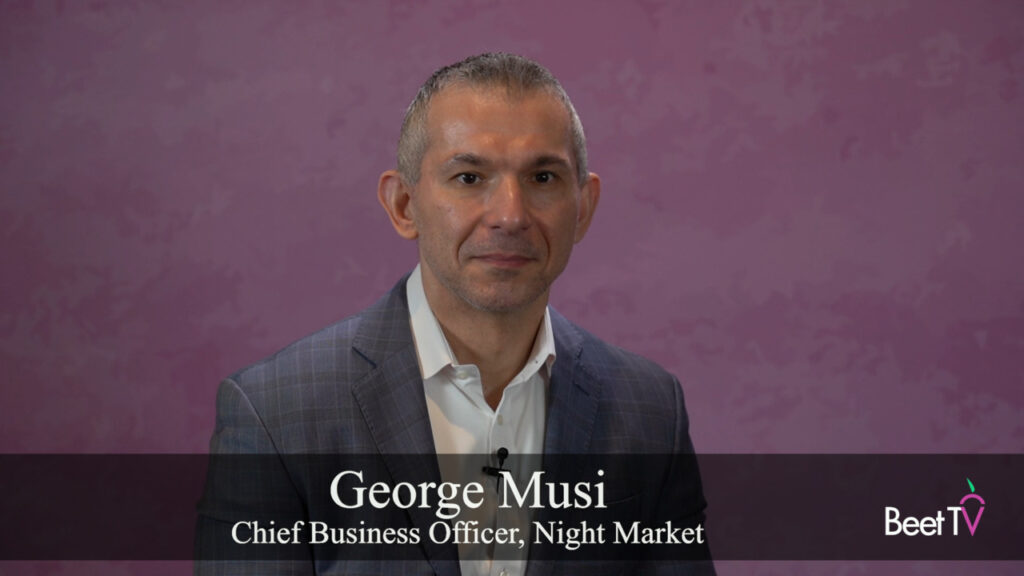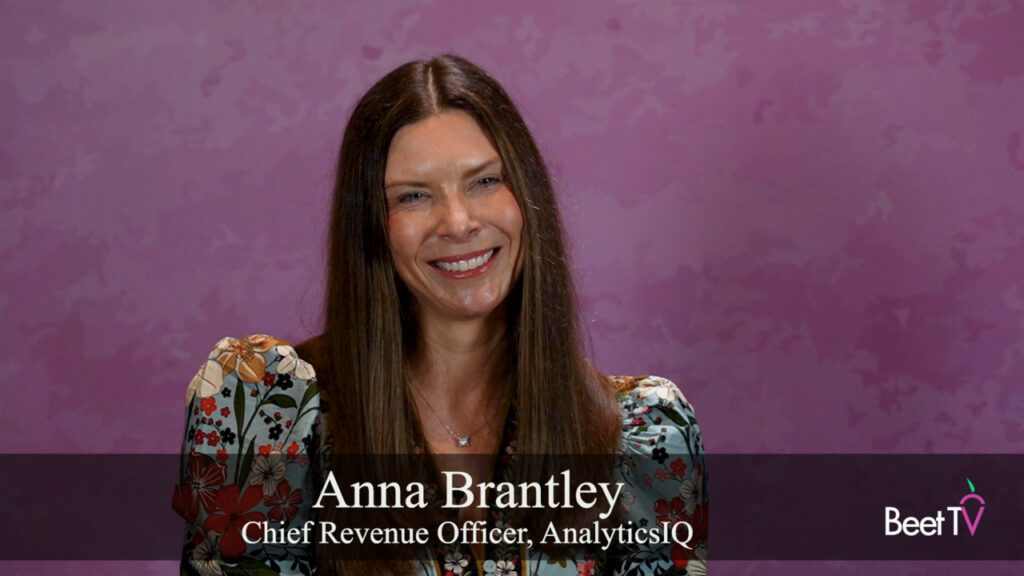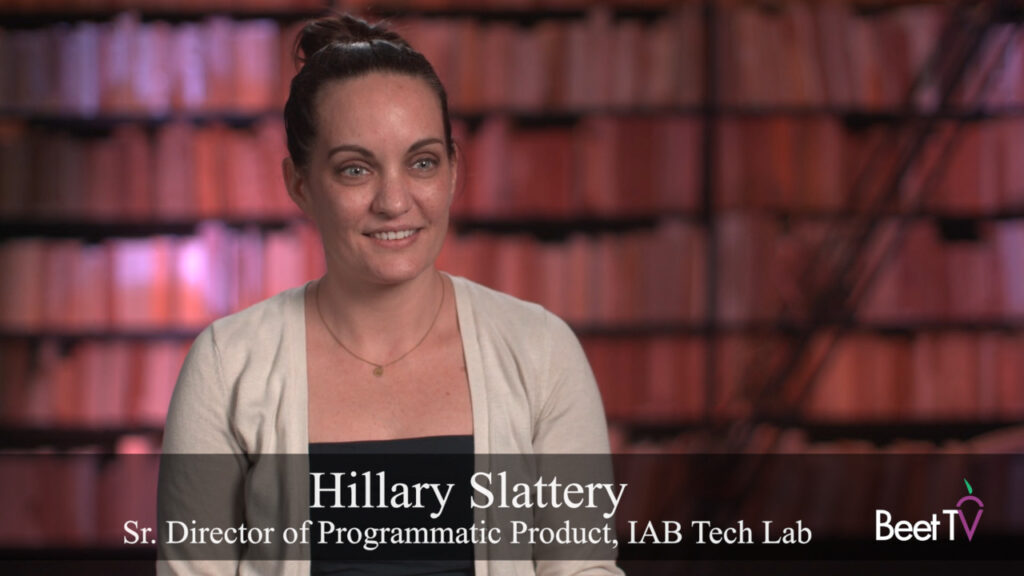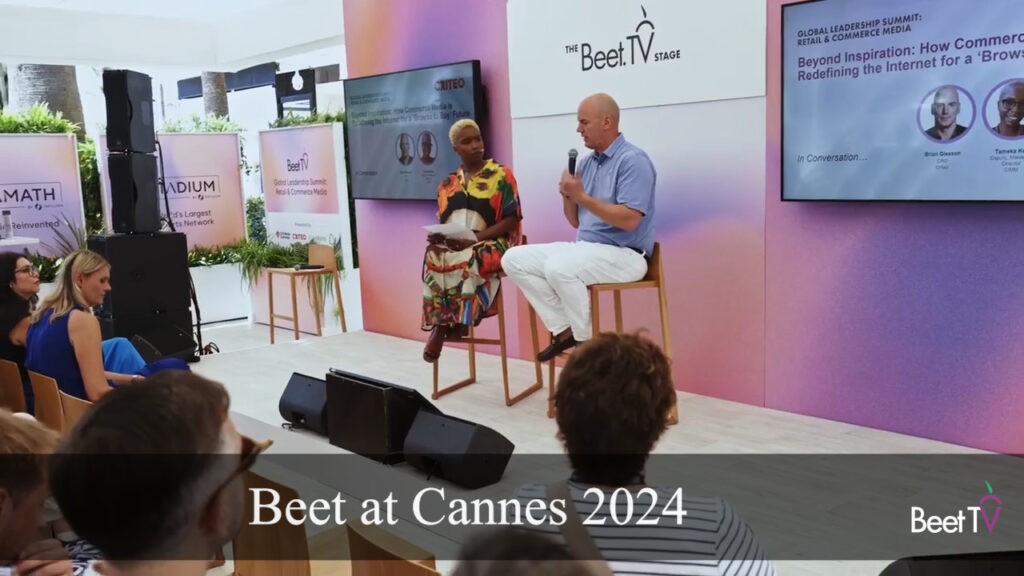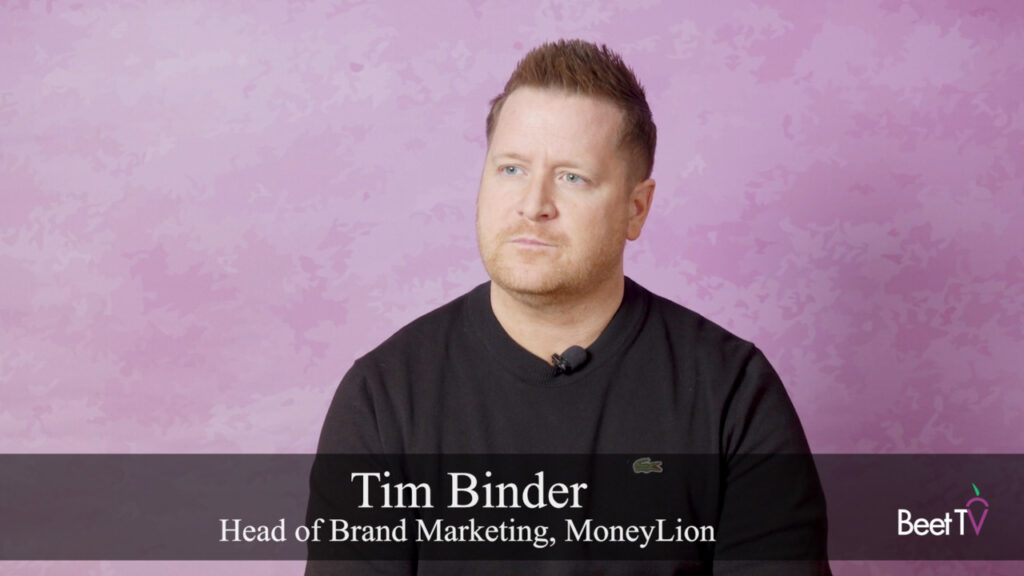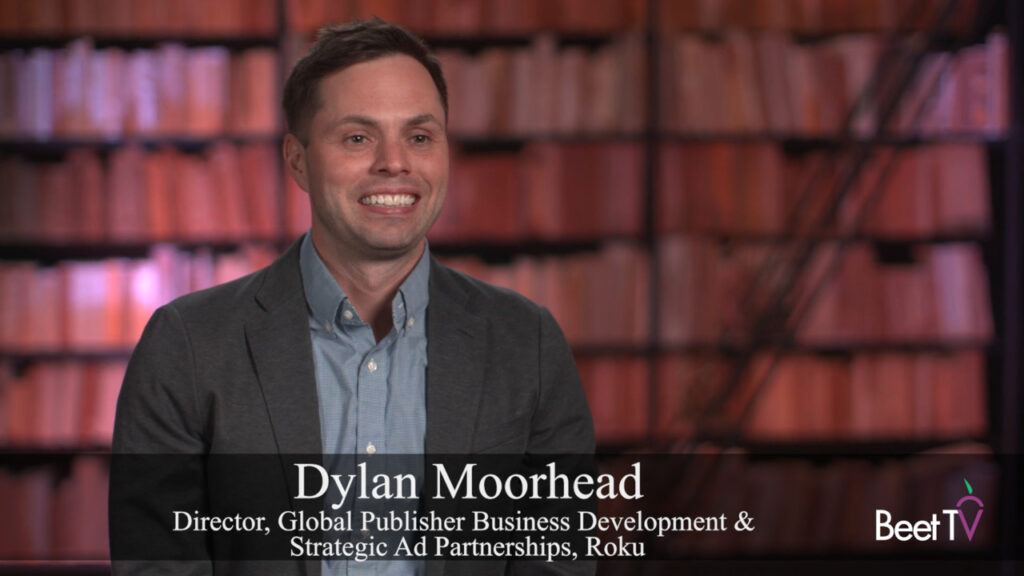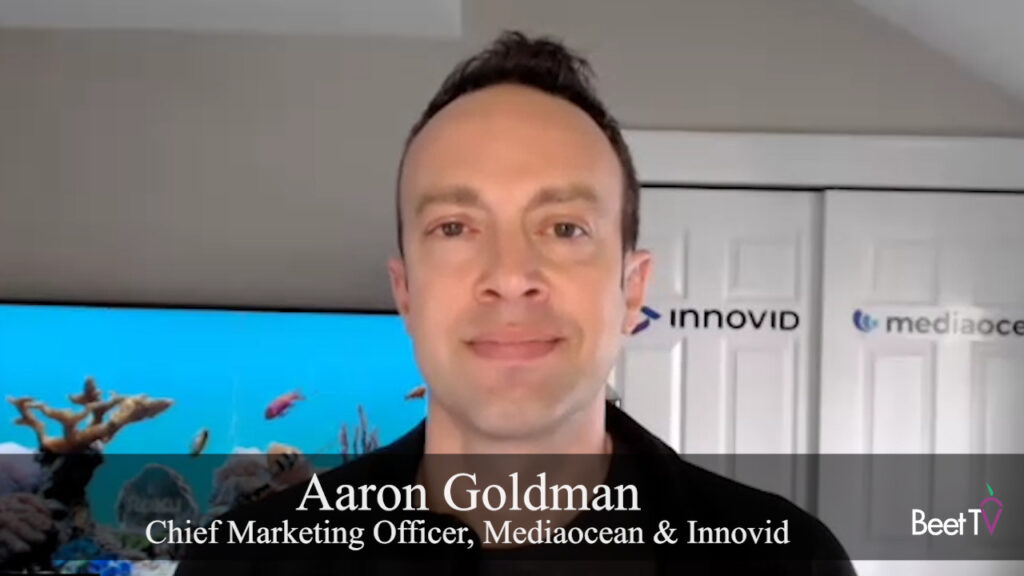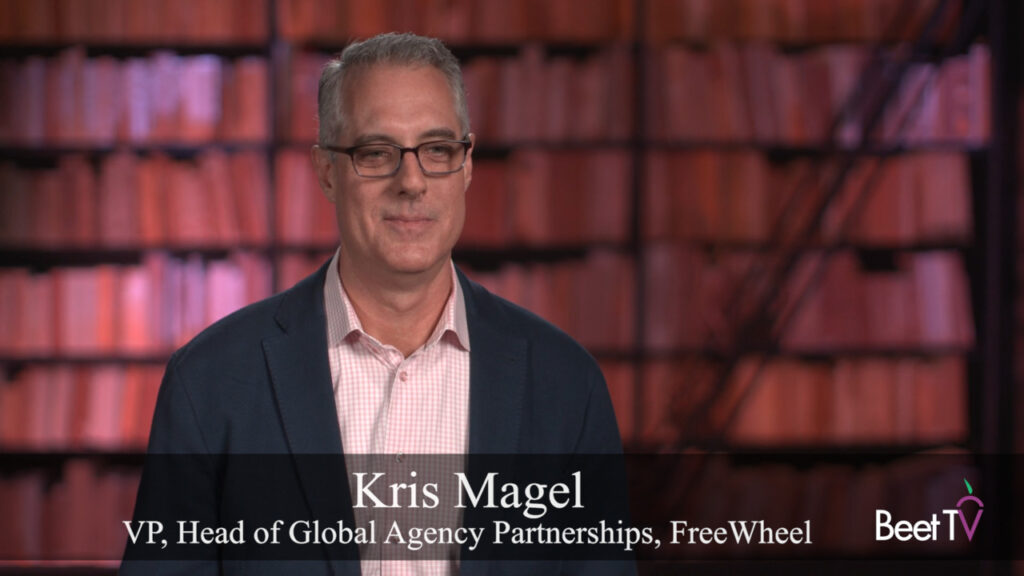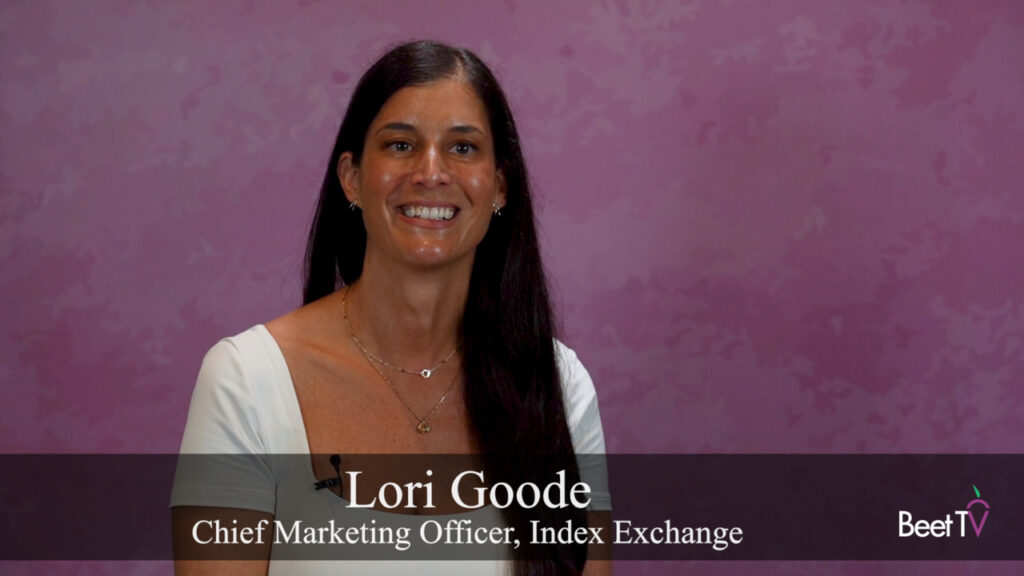Looming new European legislation governing how global companies track and process consumer personal data seem to pose a big challenge to the new-wave of pumped-up ad-tech practitioners.
But one boss at the centre of the ad targeting boom thinks the so-called “GDPR”, whose final compliance deadline comes this May, is a force for good that will help clean up ad practices and put consumers in a better relationship with marketers.
“Advertising has not done a very good job of advertising itself,”MediaMath CEO Joe Zawadzki says in this video interview with Beet.TV. “I think GDPR is this wonderful opportunity for the industry to basically say, ‘Let’s make all of those things that we’re doing explicit’.”
New measures in the GDPR, which passed in 2016, include:
- tighter consent conditions for the collection of citizens’ data.
- consumers can instruct companies to stop processing their data.
- automated decision-making and profiling decisions must be made clear.
- consumers can request decisioning by automated processes be stopped and handled by a human instead.
- they have the right to request an explanation of automated decision-making.
- they can request free access, rectification and deletion of data.
And the rules must be followed by any global company processing EU citizens’ data, with penalties of up to 4% of global turnover.
But Zawadzki sees the positives. “What is exciting about it, I think, is having an explicit relationship with the end-consumer,” he says.
“Let’s have a consumer Bill of Rights. Let’s be true consumer advocates and let’s use this as some mode of force to not just do it for the EU, but to use this and decide that what makes sense for a global business is to have a global set of standards.”
Views of executives interviewed for Beet.TV’s GDPR series range everywhere from “not much” to “world-changing”.
Almost two years after GDPR was implemented, we have variously heard views that many businesses remain underprepared, many ad-tech investors remain in the dark, that GDPR could have little impact and that it will fundamentally re-shape digital advertising.
There is one consensus – that GDPR is coming at the same time as a general movement toward people-based marketing, a tactic in which advertisers develop real, consensual relationships with consumers, rather that simply watching them from afar.
All that may be true, but GDPR is a policy instrument. Whilst Zawadzki is eager to adhere to it, he thinks a common technology infrastructure may be required, to underpin an ecosystem in which everyone sings from the same hymnsheet.
“Some of the things that we are missing are some true identity standards – in terms of the use of consumer data, what’s PI, what’s anonymized, what is the role of synonymous in these things,” he adds. “There’s some definitions that continue, I think, to require clarity. That may not, in fact, come pre-May.
“To actually create advertising that works, we have to create those technical specifications and maybe even those companies in order to manage that.”
This video is part of our series on the preparation and anticipated impact GDPR on the digital media world. The series is presented by Criteo. Please visit this page for additional segments.










